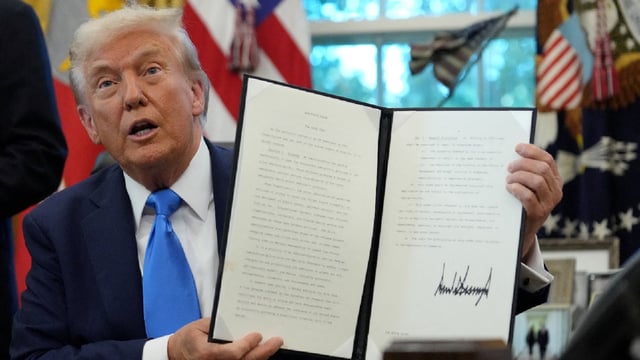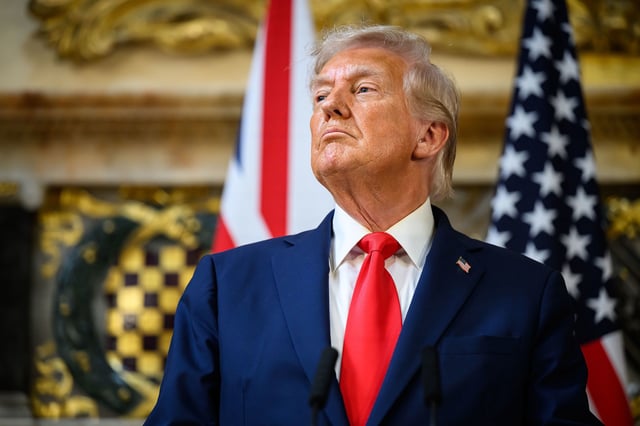Overview
- The proclamation takes effect September 21 for 12 months and directs agencies to deny petitions or entry if the $100,000 per‑worker fee is unpaid, with narrow national‑interest exemptions possible.
- Officials say the fee applies to both new H‑1B petitions and renewals, potentially costing sponsors up to $600,000 over a six‑year term for a single employee.
- A separate “Gold Card” pathway offers expedited residency for a $1 million individual contribution or $2 million via corporate sponsorship, according to the White House.
- The administration casts the move as curbing program abuse and protecting U.S. wages, while Commerce Secretary Howard Lutnick says major companies were briefed and support the policy.
- Immigration lawyers question the president’s authority to impose such a fee and anticipate lawsuits, as tech employers and Indian nationals—who receive roughly 70% of approvals—brace for disruptions highlighted by India’s Nasscom and other stakeholders.



